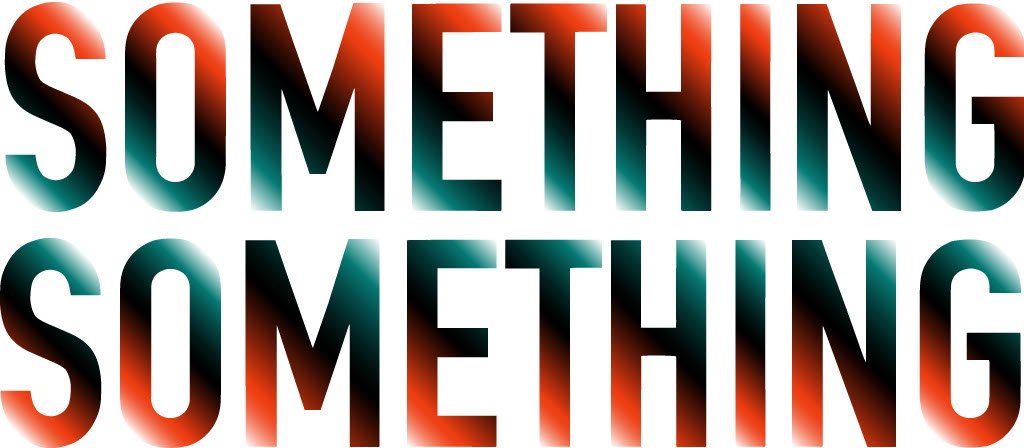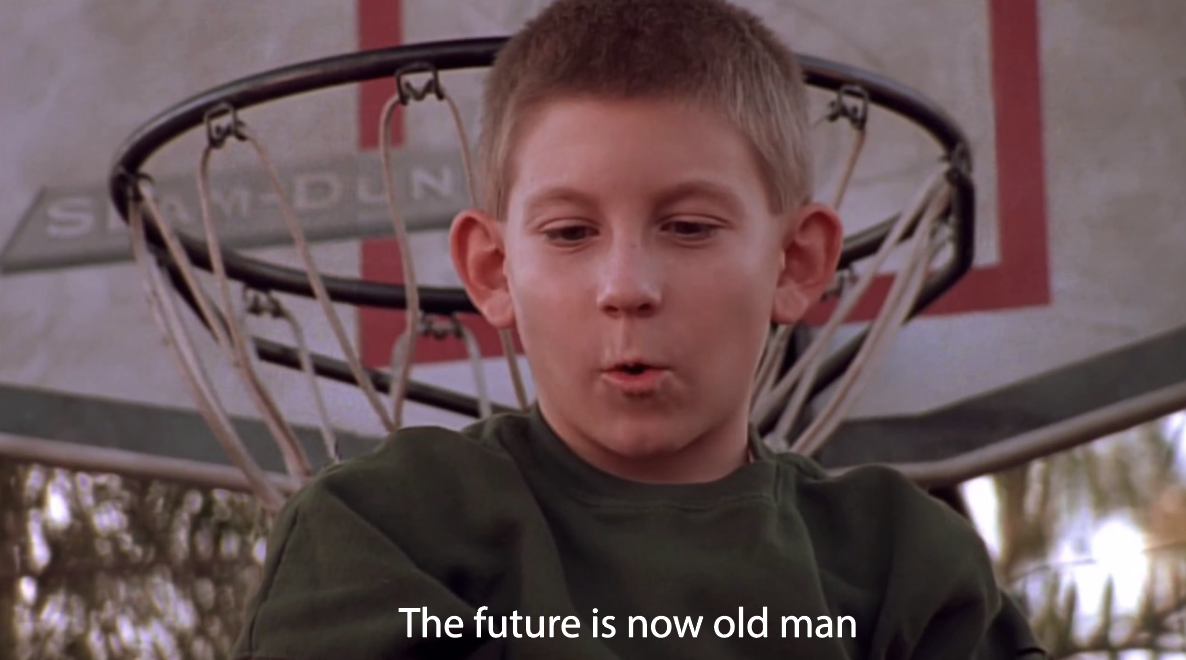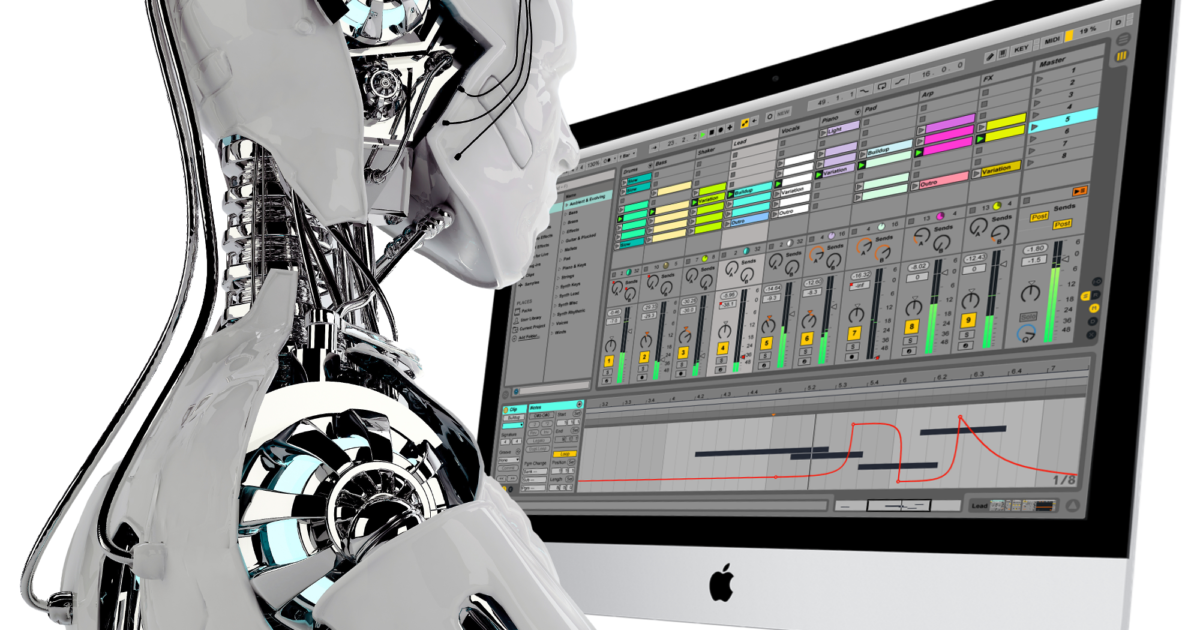The Future of Music is Social
By Jack McPherson
The future of music is social! Duh!
That might sound dumb in the traditional sense of the word, as it is not a new revelation. Music has been a deeply powerful connection point for humans, almost ever since we first made earth home. As long as 50,000 years ago, the early Aboriginal people of Australia would sing tales of their creation and journey to each other through song-lines. To this day similar songs of worship are being sung in religious institutions around the world. However there’s a little more to it than that now. Dave Hesmondhalgh (2008) argues that “music is often the basis for collective public experiences. Those collective experiences might be a live performance, or they might be as simple as the fact that millions of people around the world own the same musical recordings”. So from the Woodstockers and the Mixtapers, to the Coachellas and the playlisters, music has always been inherently social…
But?!
Going to concerts and parties, and liking the same song as your buddy might have been all right back in 2008, when social media was relatively new and everyone was still wrapping their heads around likes and shares or whatever the fuck. But in this day and age, where we take pictures of our pretty little dinners, nothing is ever too personal and we’re streaming over 809.5 billion songs a year (Sanchez, 2019). The people want more! So when I said “the future of music is social”, what I really meant was “the future of music is social media”.
“Social media at its best has offered a level of digital connectivity that was unimaginable, even in the earliest days of the Internet”
The Cambridge Dictionary defines social media as “websites and computers that allow people to communicate and share information on the internet using a computer or mobile phone”, but you probably already knew that. Social media at its best has offered a new level of digital connectivity that was unimaginable, even in the earliest days of the Internet. “Due to the increased connectivity of the internet and rise in content distribution options for musicians, there has been a shift in the industry from large record conglomerates, to smaller, independent record labels” (TrendJackers, 2017). TrendJackers argues that social media is able to bridge the gap between artists and their fans – a role typically fulfilled by major record labels, who have been left scrambling to find their place in this new music economy. This newfound social power that is afforded to both artists and fans through the development of social media, owes a lot of its success to the concept of Net Neutrality. This gives the notion that the internet is an even playing field, meaning that small record labels and massive conglomerates have equal opportunity and can go head to head through effective use of everything that the internet offers.
Can I get a “Hell Yeah!” for the fans
“No longer simply a consumer, music fans are “also tastemakers, marketers and distributors.”
The rise of social media means it’s never been a better time to be a fan. With platforms like Snapchat and Instagram, artists can share their work, stories and feelings with their fans instantly and directly, with personal and intimate videos, photos and captions. This has allowed artists to develop deep dialogues with their fan base, finding out anything from where they’re from or what song is their favourite, to who they want to see on tour with them.
This deep dialogue, through the medium of social media, has led to fans having a far more active role in the music process. According to Greg Kot (2014) music fans are no longer simply a consumer, but they are “also tastemakers, marketers and distributors. Their smartphones give them power not only to acquire music with a click, but to step up as collaborators and co-conspirators with their favourite bands.” This can be as little as sharing a release to their Instagram or making a meme, or as much as curating the artist’s set list or funding a new album (yes, seriously). However in an article for Forbes, music writer Cherie Hu (2018) states that “with the rise of social media, artists’ financial success now depends increasingly on their ability to manage personal, intimate relationships with potential billions of audience members across Facebook, Instagram, Twitter and dozens of other platforms”. So, while social media provides significant opportunities to the artists it can also be quite personally and financially draining.
I know, I know
None of this is really new. You’re probably thinking “No shit Sherlock, I’ve been following Champagne Papi on gram since days fam, were you even there when ASAP Rocky lost 100k followers for his art? Remember when Ed Sheeran left social media then came back? That was sick” Yeah, I was fucking there man but it’s deeper than that innit. In the future, social media will form the basis of all music marketing, discovery and experience. As recently as last year TrendJackers released an article on “five outstanding examples of modern music marketing”, which included DJ Khaled’s harnessing of Snapchat, Drake’s ability to create content that will generate memes and Zara Larrson’s use of already created memes as relatable and consistent content, among others.
The point is that all of these examples were only possible thanks to social media. However it doesn’t just stop at artists; social media companies themselves have increasingly looked at ways they can integrate music listening, discovery and sharing into their platforms, with varying degrees of success. Apps like YouTube and Soundcloud offer the option to like and comment on content, while Instagram has a feature where you can add a song to your story and Snapchat has integrated Shazam. Spotify has offered the “what your friends are listening to” bar on the side of their desktop app since forever, but at the same time do not offer it on their mobile app. Which all leads me to wonder whether or not these companies are making full use of the opportunities presented to them, with the universal and largely-appreciated commodity that is music.
So then, what’s next?
Obviously I’m no pioneer, I’m no Napster, no Zuckerberg, I’m not claiming I’ve discovered the next big thing in forging social media and music together. Many people have tried and failed and tried again (see Vertigo Music). But I do believe we are at a very exciting crossroad, where new music technologies and economies are rising from the dust because of the platform that social media allows them. And if you’ll allow me, I’d like to hazard a guess as to where this might lead us.
To start off, I think the new wave of Virtual Reality is what’s next for the music experience. But this isn’t an article on how the future of music is VR, so here’s how I think it’s going to be incorporated into social media. Facebook already has almost all of the infrastructure to incorporate Virtual Reality, it hosts videos and also allows you to invite friends to a “watch party” so that you and your friends can watch a video together in real time. This same software will be a fantastic platform for hosting online events such as virtual reality album listening parties and even concerts with the click of a button. Social media is bringing the music experience to our fingertips - it’s a great time to love music and be lazy!
Further I think we will see social media platforms like Instagram and Facebook adopt a similar system to Patreon, in which users can pay money for access to extra content on the platforms from their favourite creators. A similar method has already been adapted by YouTube. This will further diminish the gap between artists and their fans, allowing artists more space for creativity and fans to have more input into the process. I also expect to see the social platforms themselves develop additions to their services that allow friends and fans to be listening together in real time. I can see the concept of “glocalisation” flourishing from social media, as it will open up opportunities for smaller events and live experiences such as silent raves or parties, in sync all across the world. It’s an exciting time to be a music fan and as best as I can predict it, it’s changing and growing everyday so for now I’m going to just sit back and enjoy the ride (or the rhythm).
You know what they say!
When life gives you lemons, just say fuck the lemons and bail. But seriously @Mr.Zuckerburg the world has provided you with the metaphorical lemon that is the potential of music. So now let’s make that sweet, sweet lemonade!
Bibliography
Hesmondhalgh, D (2008). Towards a critical understanding of music, emotion and self‐identity. Consumption Markets & Culture, 11(4), 329-343. Retrieved from https://doi.org/10.1080/10253860802391334
Trendjackers Team (2017, January 27). How Social Media has affected the Music Industry. Retrieved from https://trendjackers.com/how-social-media-has-affected-the-music-industry/
Kot, G. (2014, November 12). Will music be free in the future? BBC. Retrieved from http://www.bbc.com/culture/story/20141111-will-music-be-free-in-the-future
Hu, C. (2018, July 26). How Technology Has Transformed, And Complicated, Music Fandom: Interview With Nancy Baym. Forbes. Retrieved from https://www.forbes.com/sites/cheriehu/2018/07/26/nancy-baym-technology-music-fandom-playing-to-the-crowd
Sanchez, D. (2019). More Explosive Data: Total On-Demand Streams Rose 49% in 2018. Digital Music News. Retrieved from https://www.digitalmusicnews.com/2019/01/08/nielsen-music-streaming-music-2018/
Social Media. (n.d.) Cambridge Advanced Learner’s Dictionary & Thesaurus. Retrieved from https://dictionary.cambridge.org/dictionary/english/social-media
Dredge, S (2018, August 10). What is Social Music in the Streaming Age? Musically. Retrieved from https://musically.com/2018/08/10/what-is-social-music-in-the-streaming-age/
Treseder, D. (2018, March 6). What’s the Next Social Network? Think Music. Adweek. Retrieved from https://www.adweek.com/digital/whats-the-next-social-network-think-music/
Bloom, D. (2018). Why Can’t Anyone Figure Out How To Make A Social Music App? Tubefilter. Retrieved from https://www.tubefilter.com/2018/05/15/how-to-make-a-social-music-app/
Trendjackers Team (2017, January 17). 5 Outstanding Examples of Modern Music Marketing. Trendjackers. Retrieved from https://trendjackers.com/outstanding-examples-modern-music-marketing/




